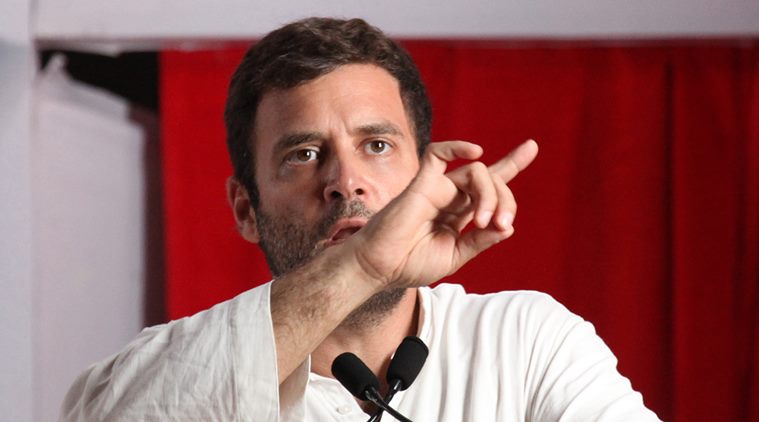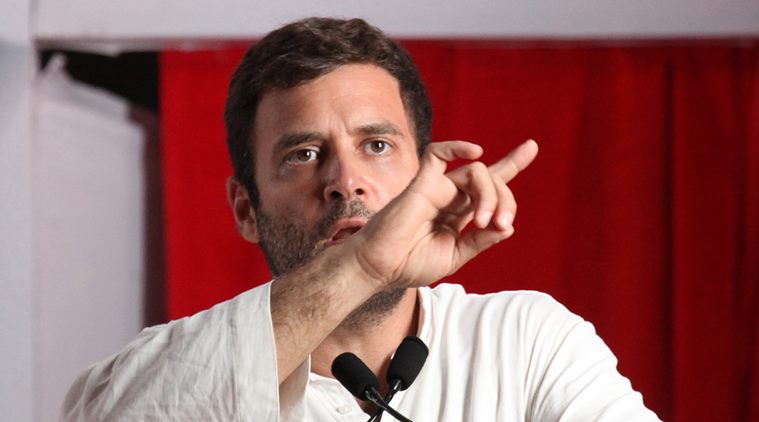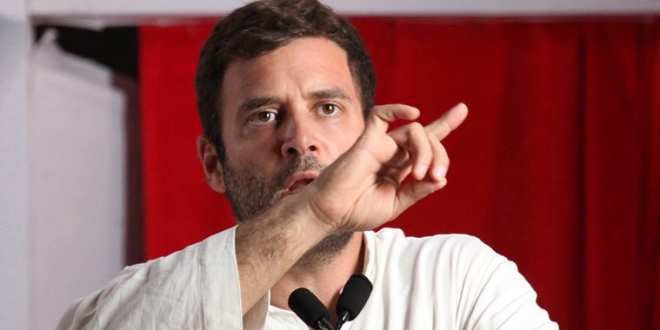
 Congress party Vice President Rahul Gandhi.
Congress party Vice President Rahul Gandhi.
Is Rahul Gandhi justified in claiming that the National Herald case is “100 per cent pure political vendetta coming out of the prime minister’s office” or is he both factually wrong and, prima facie, guilty of casting unwarranted aspersions on the integrity and credibility of the judiciary? I have no doubt about the answer but let’s arrive at it systematically.
First, the facts. The case was filed by Subramanian Swamy in January 2013 — 16 months before the BJP came to power. So neither Narendra Modi nor the PMO could have been involved. Second, at the time of filing the case, Swamy was not a BJP member. He joined seven months later, in August 2013. Unless Gandhi knows something we don’t, it’s hard to link Modi, the PMO or the BJP to the initiation of the case.
After Swamy went to court, a trial judge assessed there was a case to answer and issued summons. The Gandhis sought to have these stayed and the case quashed but the Delhi High Court rejected their petition. In his order of December 7, Justice Sunil Gaur questioned “the impropriety of extending interest-free loans” to Associated Journals Limited (AJL) by the Congress when the funds come largely from public donations, as well as the assignment of the Rs 90 crore of debt to Young Indian when it could easily have been repaid from AJL’s assets. Justice Gaur said “all this smacks of criminality”, has “a fraudulent flavour” and, therefore, “needs to be properly looked into”. Now, when two separate judges exercising their judicial minds come to this conclusion, how can you call it political vendetta?
The Congress claims its charge of political vendetta is not a comment on the courts but on the fact that Modi removed the head of the Enforcement Directorate (ED) because he closed the National Herald file and, then, had it re-opened by his successor. Once again, the facts don’t seem to support this.
Finance Minister Arun Jaitley, under whom the head of the ED serves, has said no decision has been taken or notice served or file opened by the ED in this matter. I doubt he would lie because that could so easily be found out.
As regards removing the head of the ED, the truth is that Rajan Katoch was on his third extension after being promoted to the position of secretary in the department of heavy industry. For a year, he had held the two jobs concurrently. If at this stage the government decided a new ED chief was needed and Katoch should focus on his responsibilities in the department of heavy industry, can you call that “removal”?
The telling point is that all of this happened in August. At the time, Gandhi did not complain of political vendetta. But 24 hours after the Delhi High Court order, he started making the charge. Doesn’t that suggest he had the judicial decision in mind and not the alleged re-opening of an ED file or the transfer of its chief? In fact, I suspect the ED and Katoch were dredged-up to provide a feeble excuse or, possibly, cover for Gandhi’s thoughtless and inexcusable accusation.
Of course, both the trial and high court could be wrong in holding that there is a case to answer. Additionally, Justice Gaur’s order may contain opinions or conclusions that are unsupported by evidence or even the law. But that’s not political vendetta. That would be judicial error or bad judgement. As someone who hopes to be PM one day, it’s time the young Gandhi learnt the difference.
![]()
Source: New feed






